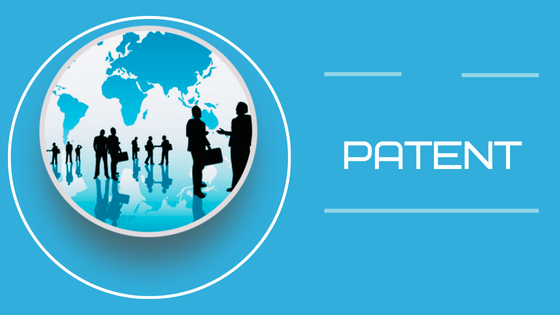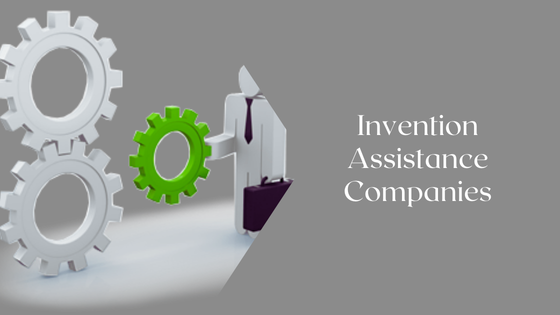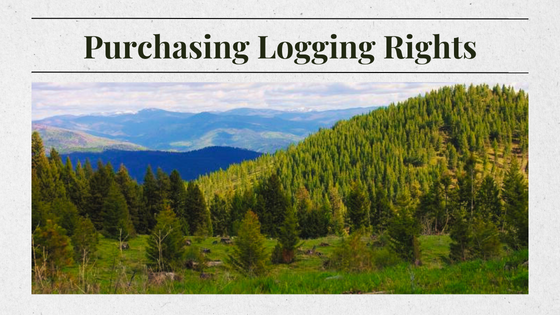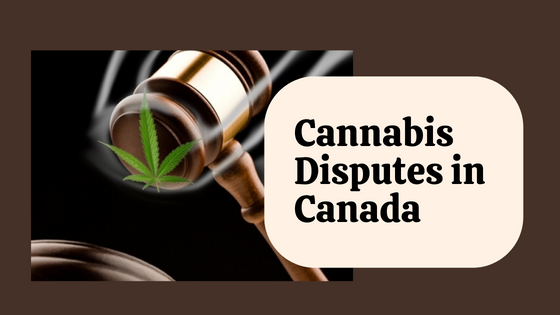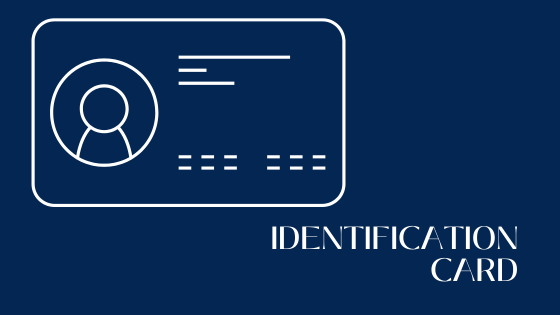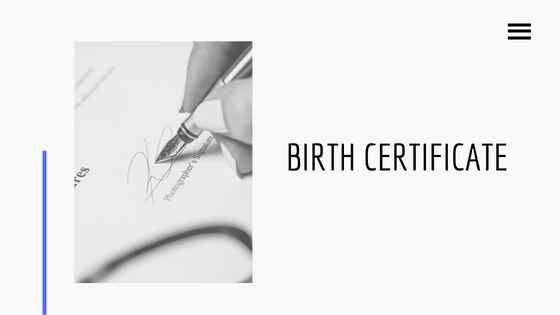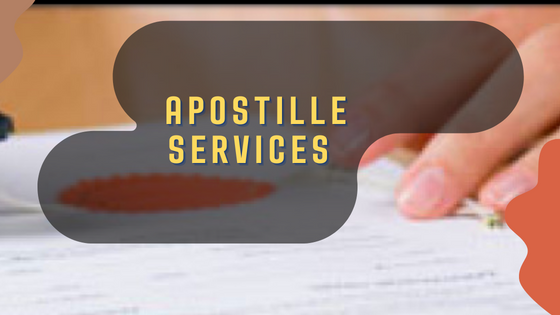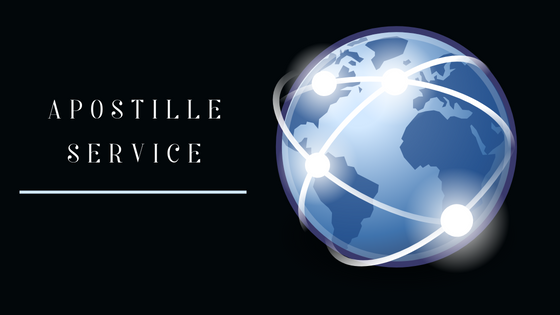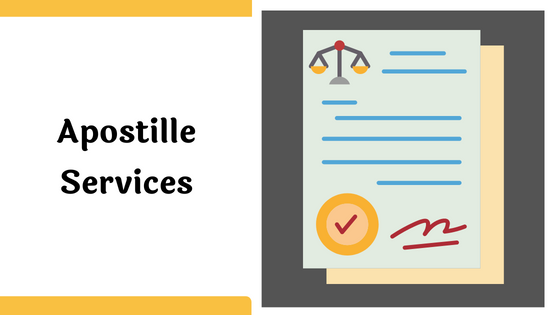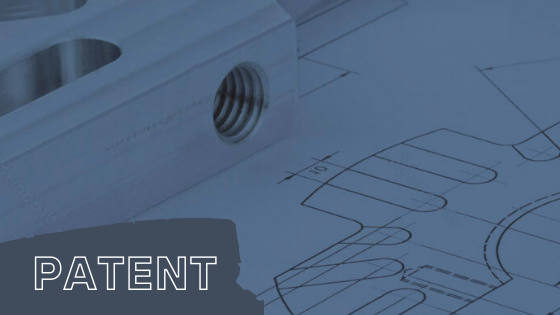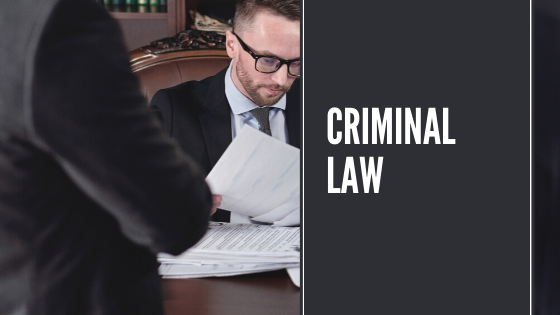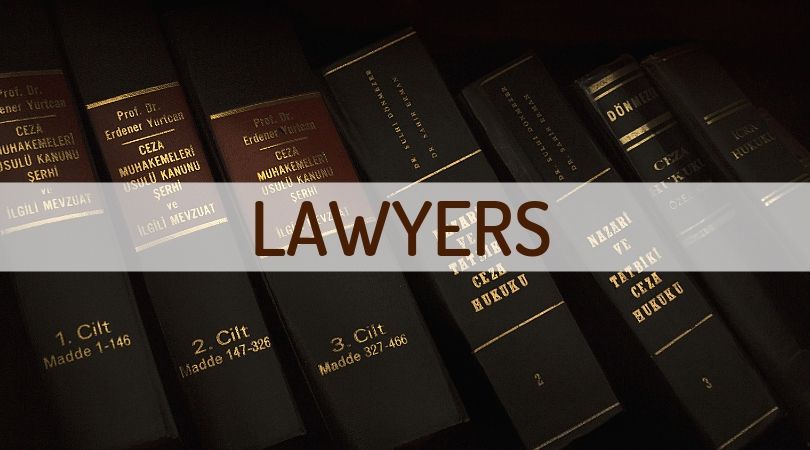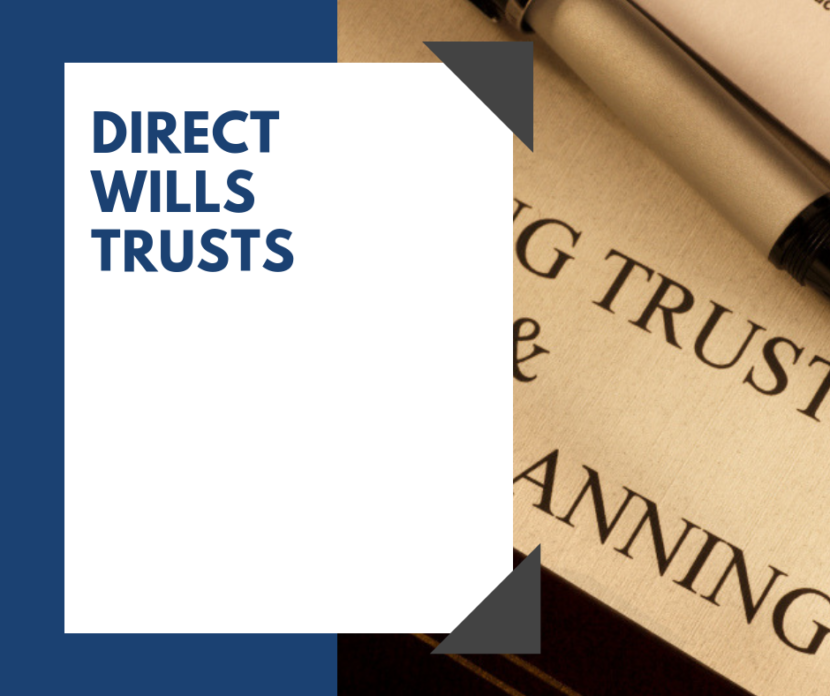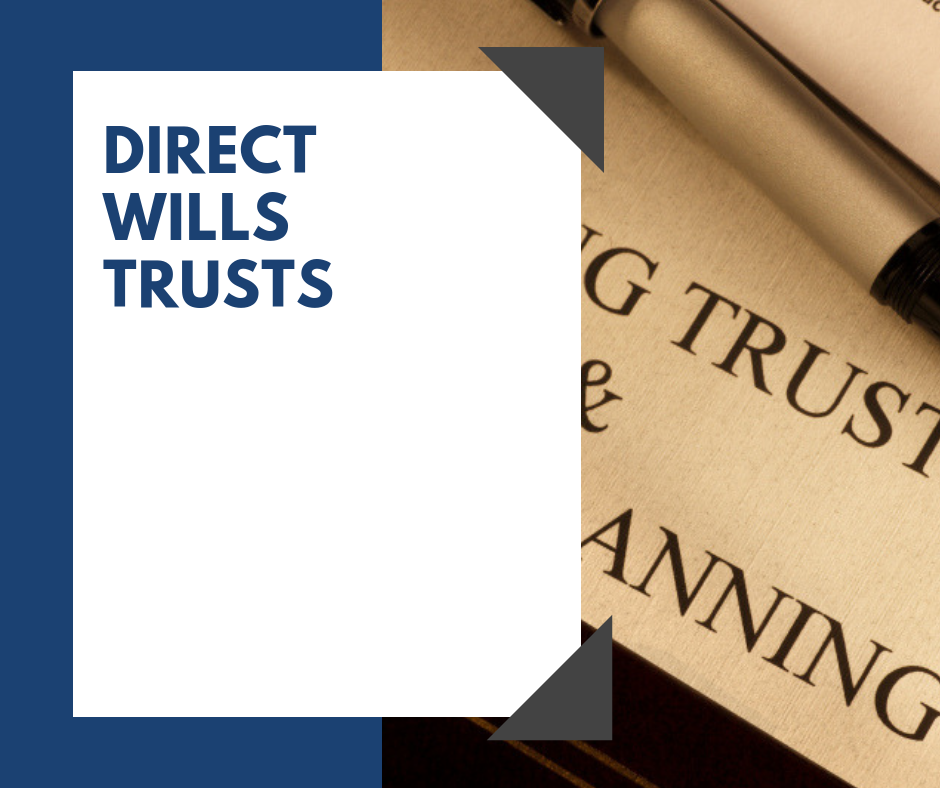Navigating the Path to Novelty and Non-obviousness
Innovation is the cornerstone of progress, driving creativity and transforming ideas into tangible outcomes. However, the road from concept to invention is fraught with challenges, particularly when it comes to determining the novelty and non-obviousness of an invention. Inventors must navigate the complex landscape of intellectual property law to protect their creations and secure their rightful place in the market. Let’s explore the essential aspects of evaluating the novelty and non-obviousness of an invention, and how patent services like InventHelp inventor services can provide invaluable assistance in this process.
Understanding Novelty and Non-Obviousness
Novelty and non-obviousness are two crucial criteria that inventions must meet to be granted a patent. Novelty means that the invention must be new and cannot have been publicly disclosed or made available to the public before the patent application is filed. On the other hand, non-obviousness requires that the invention must not be an obvious improvement over existing technology or knowledge in the field.
Conducting a Prior Art Search
One of the primary steps in determining the novelty and non-obviousness of an invention is conducting a thorough prior art search. This involves researching existing patents, scientific literature, and other relevant sources to identify prior inventions or technologies that may be similar to the proposed invention. Companies like InventHelp can assist inventors in conducting comprehensive prior art searches, using their expertise and resources to uncover potential barriers to patentability.
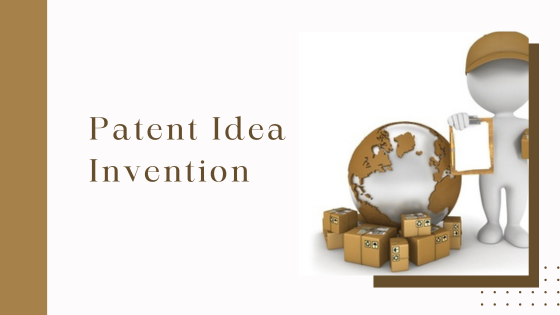
Assessing the Inventive Step
In addition to novelty, inventors must also assess the inventive step of their invention to determine its non-obviousness. An inventive step refers to the element of the invention that is not obvious to a person skilled in the relevant field. Inventors must demonstrate that their invention involves a creative leap or innovative solution that is not readily apparent from existing knowledge or technologies.
Utilizing Patentability Assessment Services
Companies like InventHelp offer patentability assessment services to help inventors evaluate the novelty and non-obviousness of their inventions. These services involve expert analysis of the invention in comparison to existing technologies and prior art, providing inventors with valuable insights into the patentability of their creations. By leveraging the expertise of patent professionals, inventors can make informed decisions about pursuing patent protection for their inventions.
Navigating the Patent Application Process
Once inventors have determined the novelty and non-obviousness of their inventions, they can proceed with the patent application process. Companies like InventHelp provide comprehensive invention assistance services, guiding inventors through each step of the patent application process and ensuring that their inventions meet the requirements for patentability. From drafting patent applications to preparing responses to patent office actions, these companies offer invaluable support to inventors seeking to protect their creations.
In Conclusion
Evaluating the novelty and non-obviousness of an invention is a critical step in securing patent protection and bringing innovative ideas to market. Companies like InventHelp play a vital role in assisting inventors through this process, offering expertise, resources, and support to navigate the complexities of intellectual property law. By understanding the essential criteria for patentability and leveraging the assistance of invention assistance companies, inventors can increase their chances of successfully protecting and commercializing their inventions.



